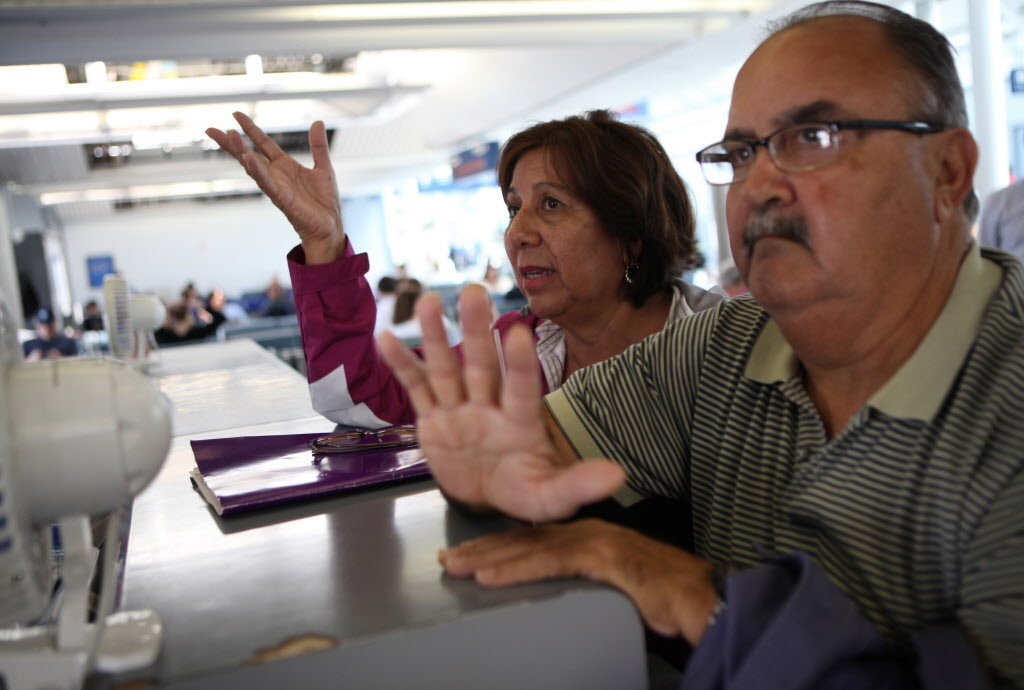A recent article in the Gulliver section of The Economist covered something that is a big pet peeve of mine – the way airlines treat people. To people who fly regularly, it often feels as if service is getting worse and worse, and that we are being nickel and dimed more and more. In fact, these two elements naturally go hand in hand, since, if you have to pay an additional fee to receive a particular service, that means it isn’t being given in the first place. Therefore, if you don’t pay extra for things like seat upgrades, checked bags, and priority boarding, you will feel that your experience is lacking something – correctly, I might add, because it is lacking something, namely quality customer service. Regarding additional fees during air travel, the article cites an important statistic: “…global airline ancillary revenue reached $31.7 billion in 2013, with United Airlines accounting for $5.7 billion of that by itself.”
But as the article goes on to point out, one’s initial instinct to assume that this is a nefarious plot by big companies to squeeze us for all we’re worth may leave out a large part of the picture, specifically how a consumer shops for their airline. “While we might say in surveys that we care about quality, when it comes down to clicking the button to purchase a flight, we overwhelmingly choose an airline on price.” This being the case, it becomes logical that all airlines would begin operating at the lowest common denominator in order to remain competitive, slashing prices by curtailing services that become add-ons you can pay more for.
One thing an informed consumer can begin doing is not just looking at price, but also looking at what you get for the price. They may find that they can actually save money on their trip overall if they pay a little more up front on a flight that includes, for example, an extra checked bag and an in-flight meal that they would have to pay an additional fee for on another airline. Though this may make the buying experience a bit more tedious, it might make the flight more pleasant, and make the person feel less taken advantage of. Then, the next time a flight attendant says, “We hope you enjoy your flight,” it doesn’t have to sound like a wry joke.

